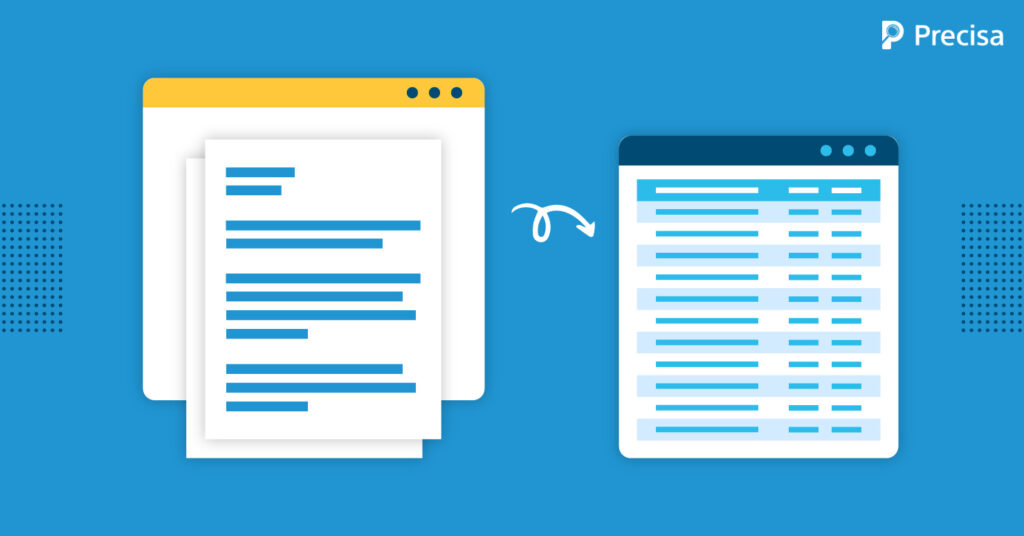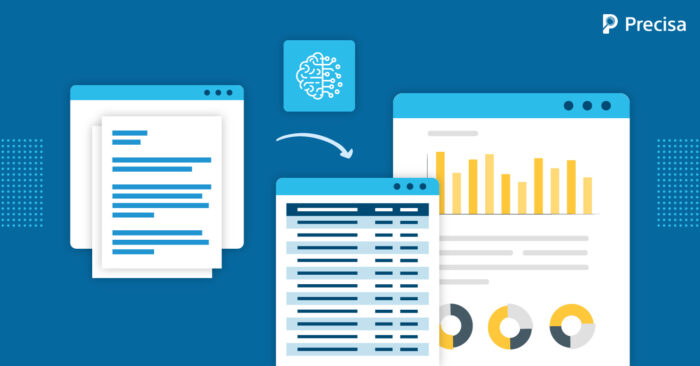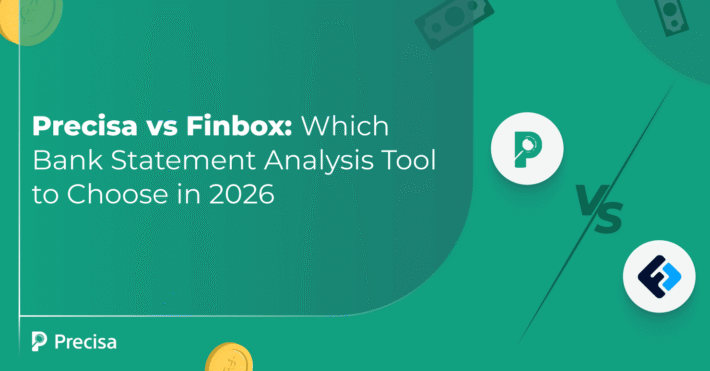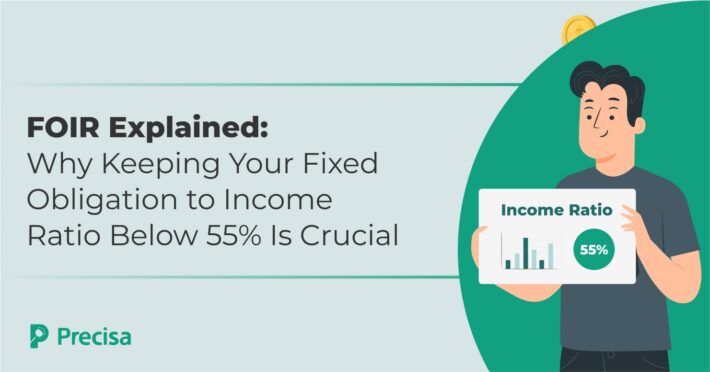The Role of A Bank Analyser in Modern Accounting and Bookkeeping

Accounting is considered to be one of the oldest professions in the world. Every business needs the accounting function to thrive and be efficient, as it drives growth and optimisation.
Currently, the accounting process faces several challenges as the amount of financial data generated from digital processes keeps increasing. Bookkeeping alone – which requires systematic entry of financial data and bank reconciliation on a daily basis – has become obsolete, as it is both time-consuming and labour-intensive.
Beyond this practice, business accounts must be thoroughly analysed and reviewed regularly to help businesses track their performance and stay on the growth path.
Given these factors, technology is increasingly playing a role in helping accounting professionals bring more efficiency and value to their functions.
In this blog post, let’s understand how cloud-based, artificial intelligence (AI)-driven tools like the bank analyser are helping businesses transform the accounting function into a robust data-driven decision-making process.
What Is A Bank Analyser?
A bank analyser is a financial analysis tool that leverages automation, AI, and machine learning technologies to help businesses make innovative and data-driven decisions. This tool comes with several features and functionalities, and it can be used to serve multiple business needs.
For instance, financial institutions and lending businesses leverage a bank analyser to help detect potential fraud, verify the authenticity of financial documents, and automate various processes such as data entry and financial data analysis.
This tool can also deliver a financial credit score for a borrower based on real-time numbers and within minutes, thus saving lenders time and effort in the underwriting process.
Owing to these capabilities, the bank analyser is proving to be an effective tool that can expedite the work and drive more value in accounting and bookkeeping.
Bank Analyser In Accounting And Bookkeeping
The bank analyser is a versatile tool used in various contexts. Modern accounting and bookkeeping teams, for instance, are leveraging the unique benefits of this tool to bring more efficiency, accountability, and precision to their outcomes.
Bank analyser’s ability to recognise unusual patterns – often invisible to the human eye – is a core advantage. It is instrumental in reducing the burden of accountability in external audits, which come at a significant cost to businesses.
Let’s understand the full scope of how this tool can help businesses transform their accounting function and make it a high-value process.
Key Benefits of a Bank Analyser in Accounting
Here is a snapshot of how businesses can use the bank analyser for superior accounting and bookkeeping:
1. Automated Data Entry & Other Processes
Financial data entry is one of the most basic and cumbersome tasks in bookkeeping. Manual data entry consumes excessive amounts of time. There is a potential for errors and duplication of entries, too.
The use of a bank analyser helps eliminate these issues. Natural language processing (NLP) and optical character recognition (OCR) enable the tool to recognise data in financial documents in over 700 file formats.
The extracted data is processed and categorised into various inflow and outflow transaction categories within minutes. Other processes, such as data analysis and reporting, are completely automated. This lets accountants dispense with manual tasks and devote adequate bandwidth to high-value work.
2. Authentication of Financial Documents
The manual verification of financial documents is a cumbersome and uncertain process. The human eye can easily miss the signs. But the bank analyser tool has capabilities to recognise minute differences in characters, images, and other elements in documents.
This feature provides a safeguard against potential fraud through early fraud detection. It can flag forged documents and cases of identity fraud.
3. Recognising Patterns & Irregularities
A bank analyser can recognise unusual patterns in financial data. Though the human eye can do so to some extent, the massive scale of financial analysis prevents the manual approach from being an efficient, comprehensive process.
Artificial intelligence and automation quickly detect financial patterns, which can translate into irregularities. On the other hand, it can also detect positive patterns, such as the growth of revenues and more.
4. Enhanced Risk Management
Managing risk is a vital aspect of a company’s success story. For instance, if a business aims to acquire another business or proceed with a merger, it needs to understand the fiscal standing of the corresponding business.
Access to an in-house bank analyser tool helps businesses run the numbers swiftly and more efficiently. Superior pattern recognition and accurate transaction categorisation capabilities help businesses get a complete picture, also flagging any data that has not been shared. Thus they are in a position to make 100% informed decisions.
5. Superior Data-driven Decision Making
Businesses must make critical decisions every day: from accessing credit, acquiring new businesses, attracting investment, or investing in other businesses. AI-powered data analytics can enable data-driven decision-making instead of going with intuition or based solely on market trends.
Bank analysers also come with in-depth analytics. Businesses can extract specific data related to their needs. Consequently, they can splice and dice data by customising dashboards and categorising transactions at a micro-level. The flexibility of analytics drives results that enhance decision-making capabilities.
6. Boosting Compliance
Financial authorities are introducing new guidelines to strengthen compliance and reduce fraudulent activities. Accounting teams can apply these guidelines to their algorithms to ensure all accounting and bookkeeping data adhere to the latest regulatory guidelines.
Key Takeaways
Businesses investing early in digital transformation have more potential to emerge as leaders in a competitive market. The bank analyser is a key value-add to a business’s tech stack, outperforming accounting and bookkeeping legacy software any day.
It helps automate all processes, deconstruct financial patterns, and help business teams make timely, well-informed decisions. Businesses can partner with a technology specialist to identify solutions catering to their accounting needs.
Cloud-based analytics platform Presica’s comprehensive and seamless bank statement analysis solution simplifies and speeds up the process through automation. The software provides actionable insights on a customisable dashboard, helping companies make informed business decisions and minimise room for errors.
Request a free demo today!




